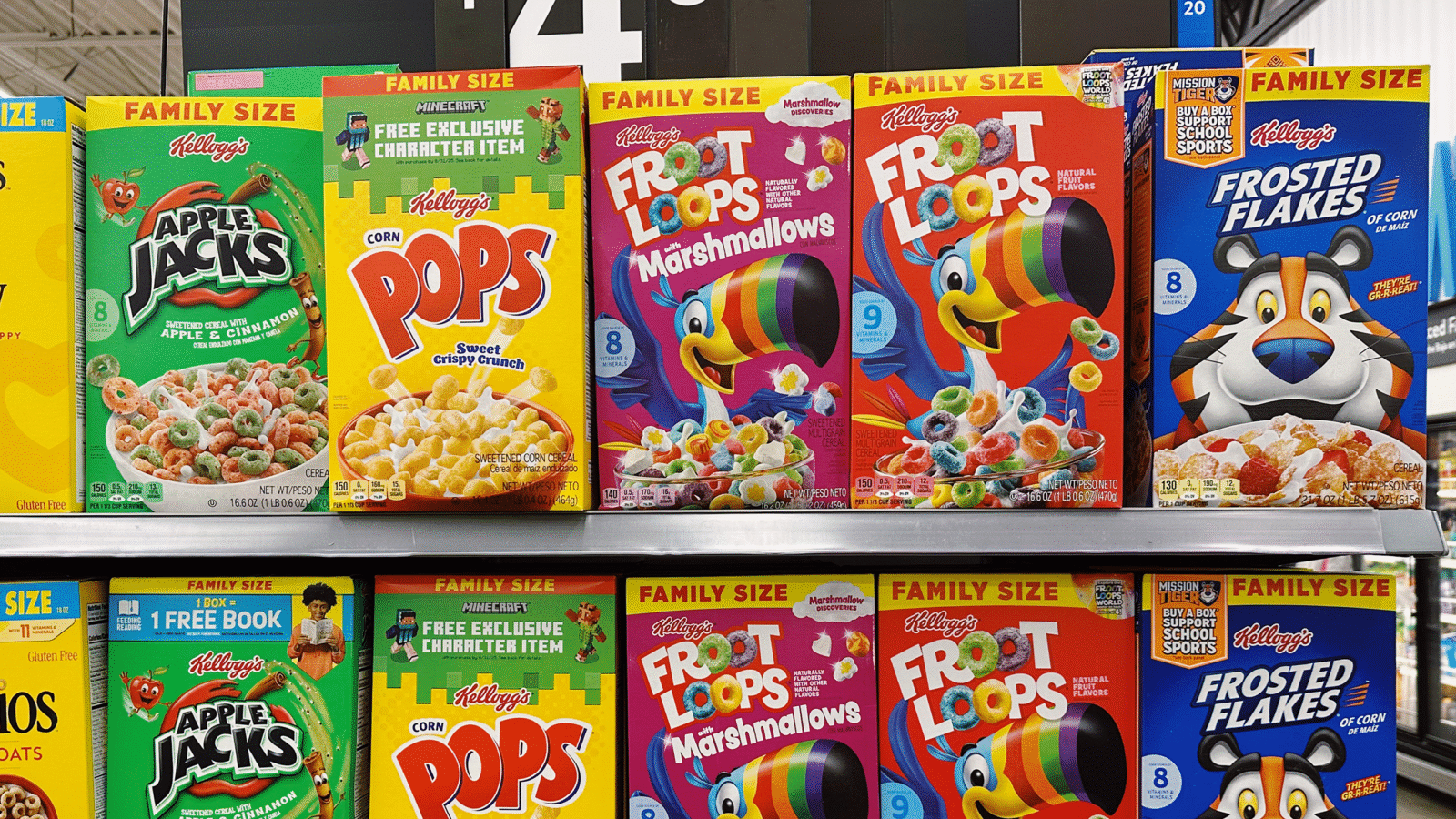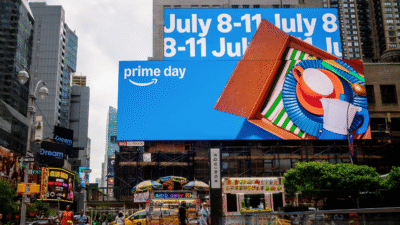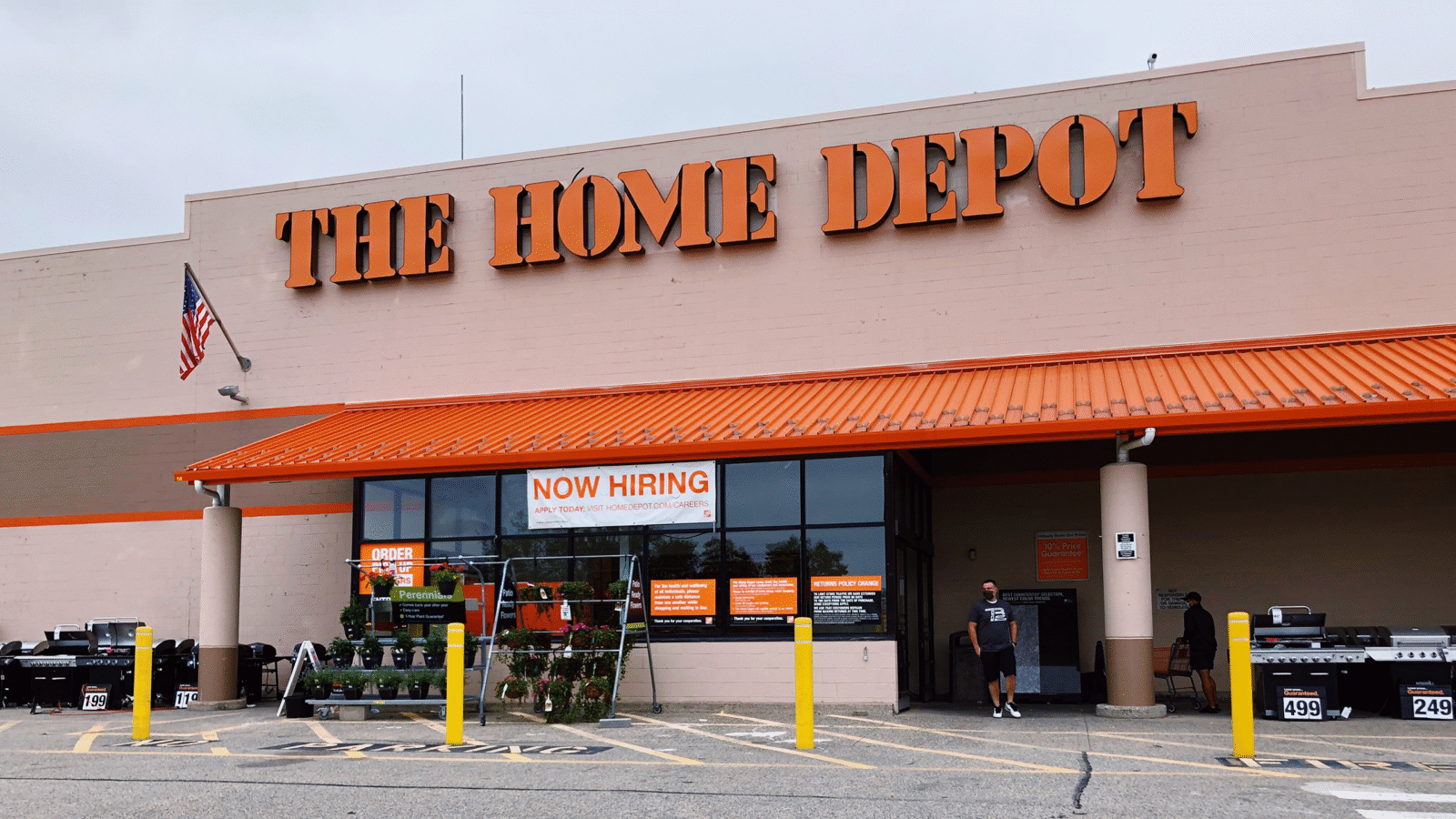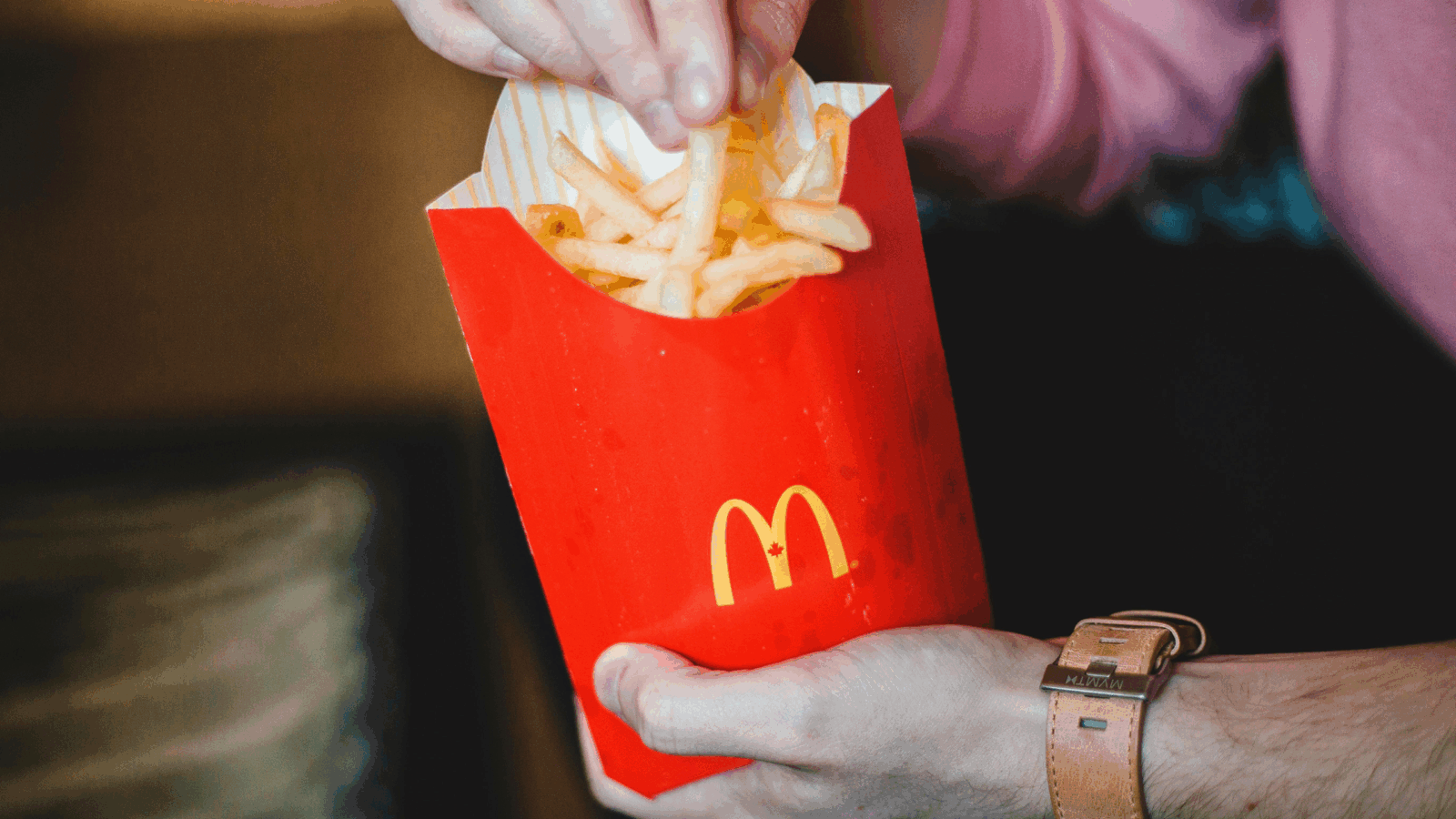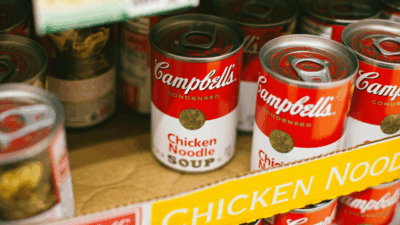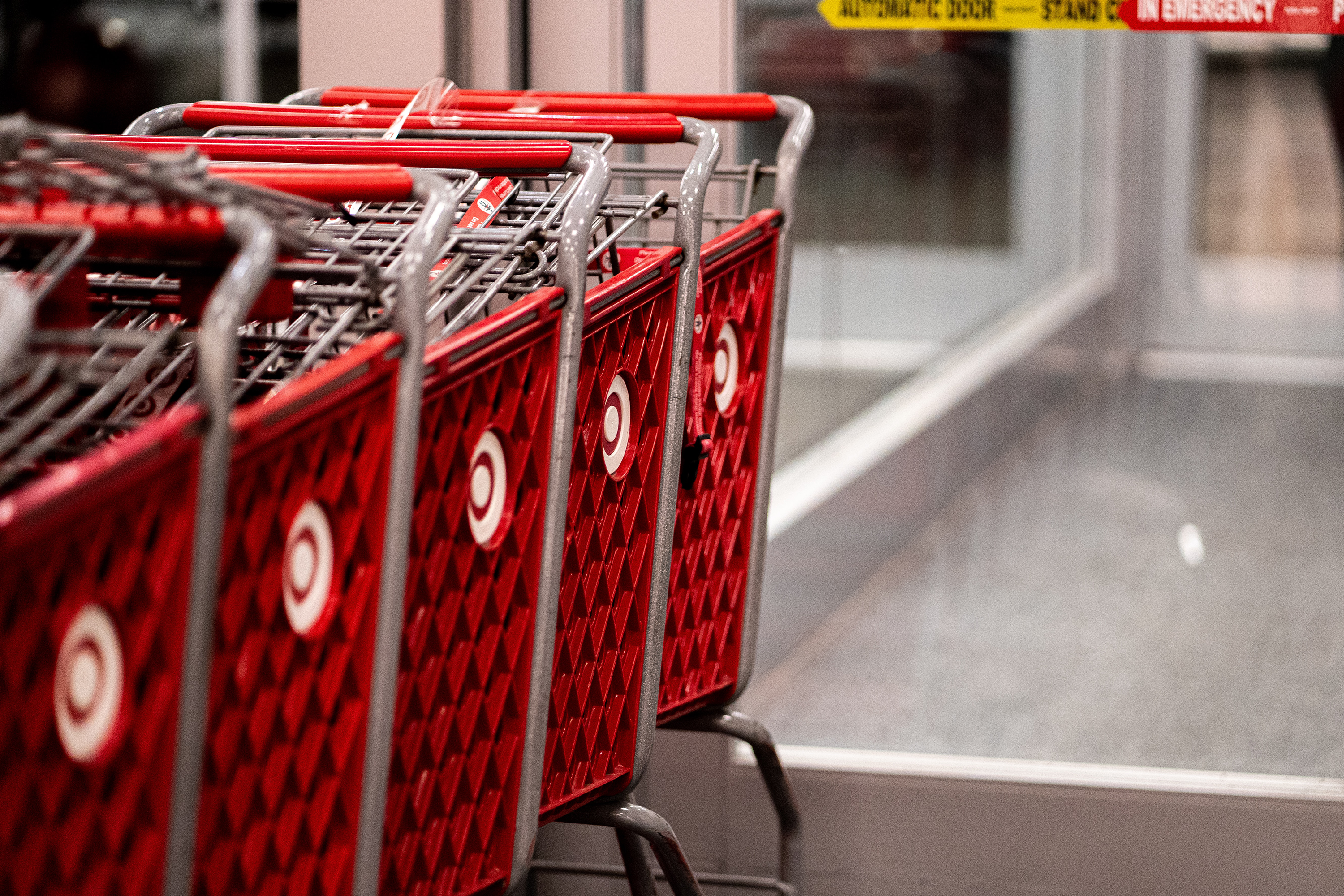
Sign up for smart news, insights, and analysis on the biggest financial stories of the day.
October 1: It’s the date college grads — and their favorite stores — have been dreading.
With student loan payments returning this fall, retailers have told investors that sales are likely to face headwinds in the coming months as Americans put more money into chipping away at their combined $1.75 trillion of educational debt.
Take a Break
The Trump administration paused student loan payments in March 2020, giving 44 million Americans a financial break. Two years later, the Biden administration went even further, proposing student loan forgiveness that would wipe away up to $20,000 of debt for everyone who owed money. But the Supreme Court rejected the program’s constitutionality this summer.
Free from the burden of paying off student debt — and combined with unemployment benefits, a covid stimulus check, and widespread vaccination — formerly strapped consumers kicked off a spending spree that’s still going. But with those payments returning, plus inflation and high borrowing rates, companies like Target, Walmart, and Levi are bracing for a slowdown:
- A recent report from TransUnion found that one-fifth of borrowers are expected to pay off $500 or more in loans each month. That’s likely to reduce consumer spending by $9 billion each month, which also increases the possibility of recession, according to an Oxford Economics study,
- A Bloomberg analysis found that the phrase “student loan” was mentioned at least 40 times in earnings calls held during the current quarter by companies in the S&P 500, the most since the term first appeared in the early 2000s.
“The upcoming resumption of student loan repayments will put additional pressure on the already strained budgets of tens of millions of households,” Target CFO Michael Fiddelke “We remain cautious in our planning.”
Shopping is So Meh: Bloomberg columnist Leticia Miranda posited that consumers aren’t necessarily pinched, they’re just bored with material goods. In the past two years, Americans binged on everything from TVs and gaming consoles to exercise bikes and new furniture. Miranda argues people just have enough stuff at this point, and they don’t really need much else. Instead, consumers have shifted over to experiences in travel and leisure. Right now, international flights and hotels are booming with US customers. Maybe when the revenge vacations end, revenge shopping will return.
